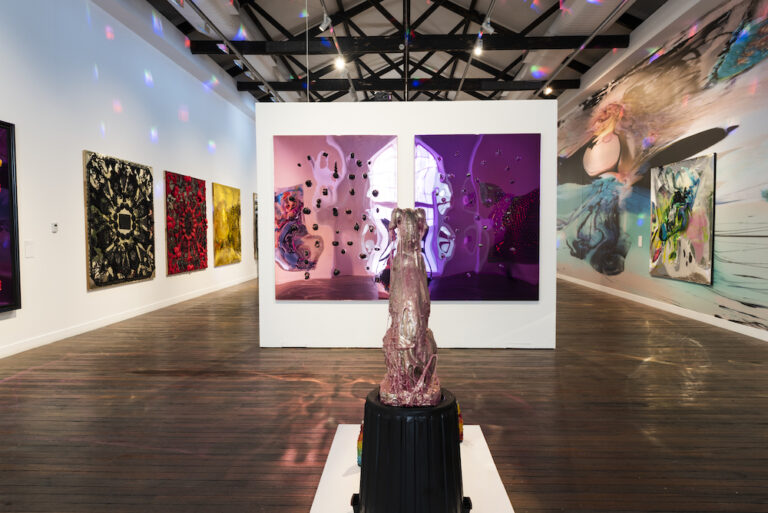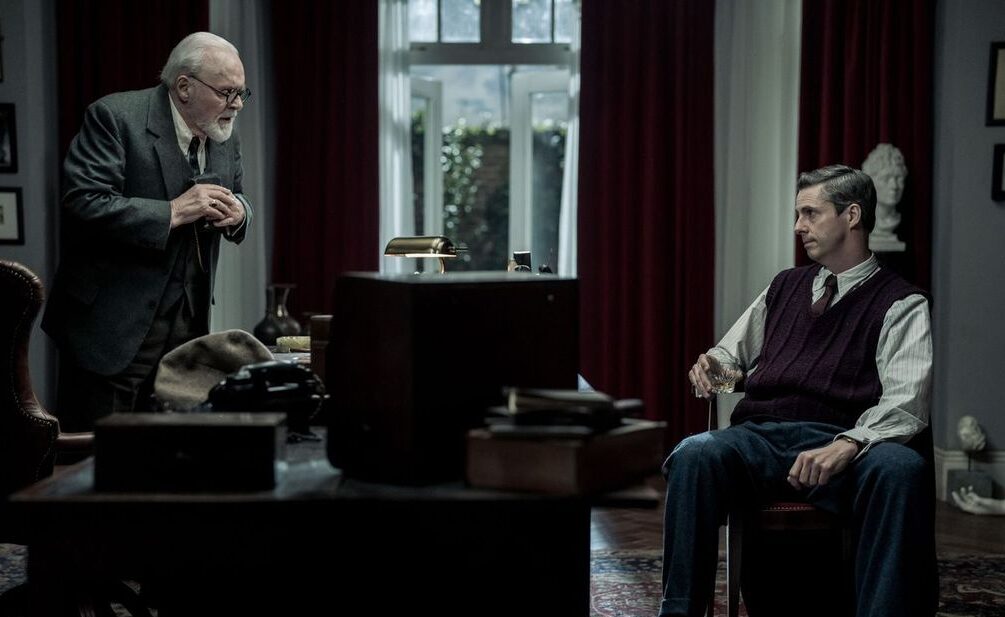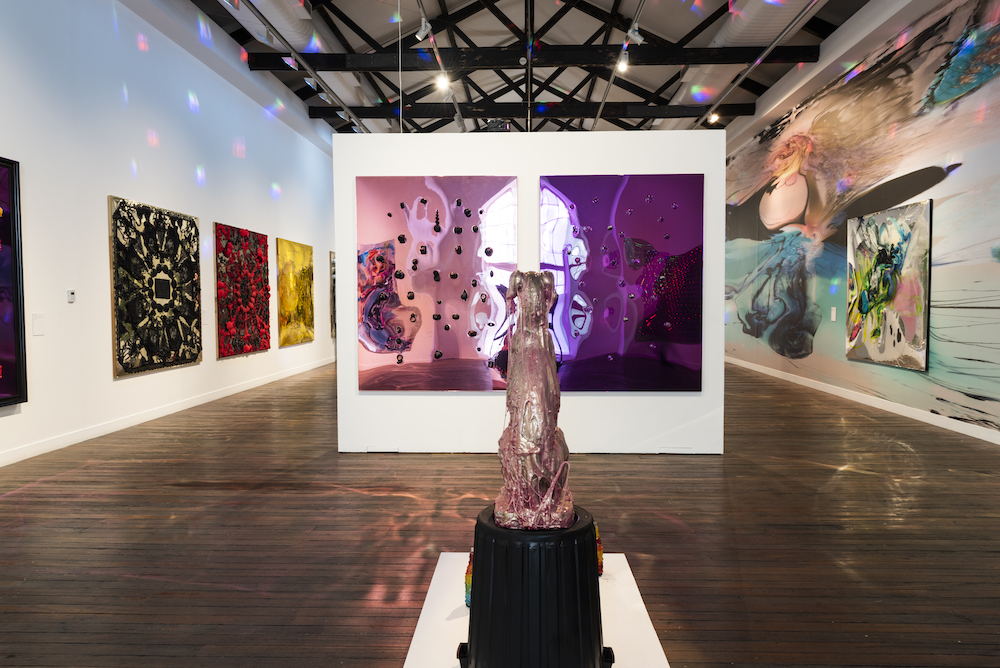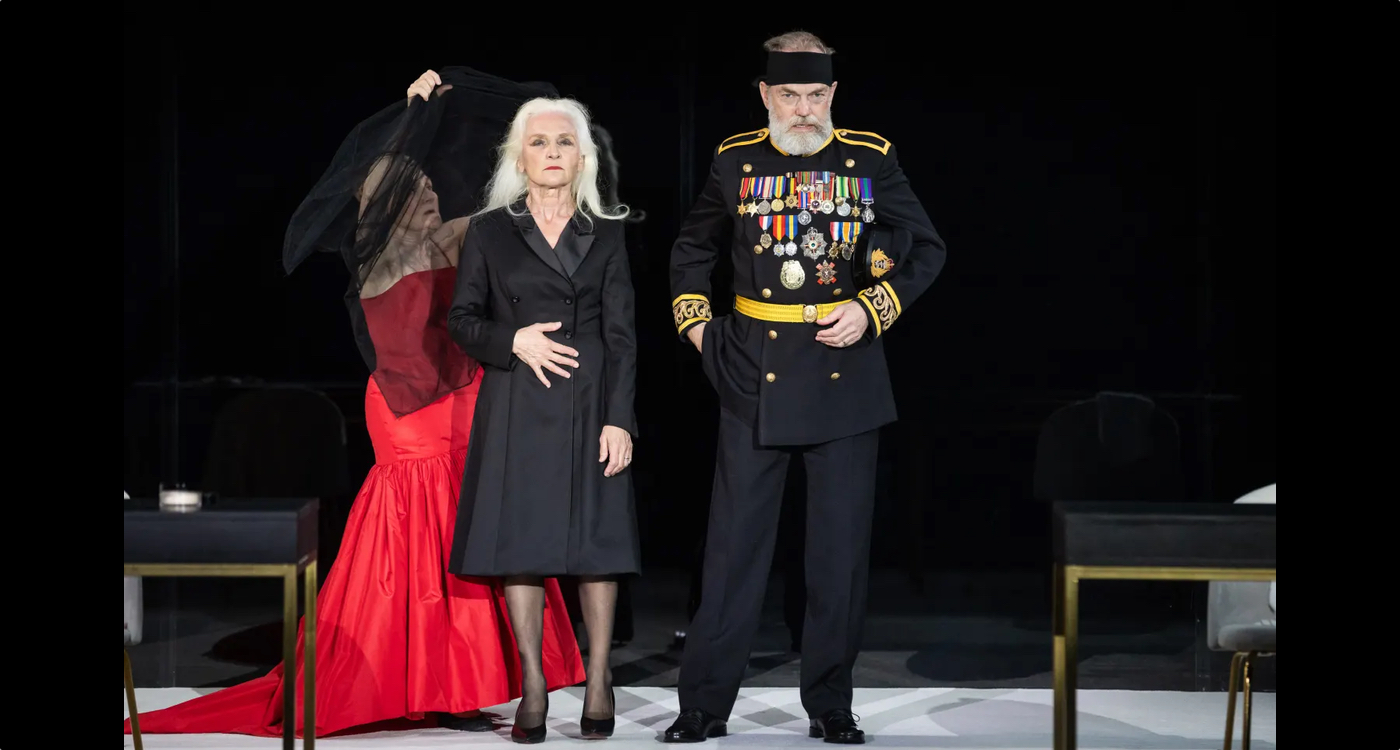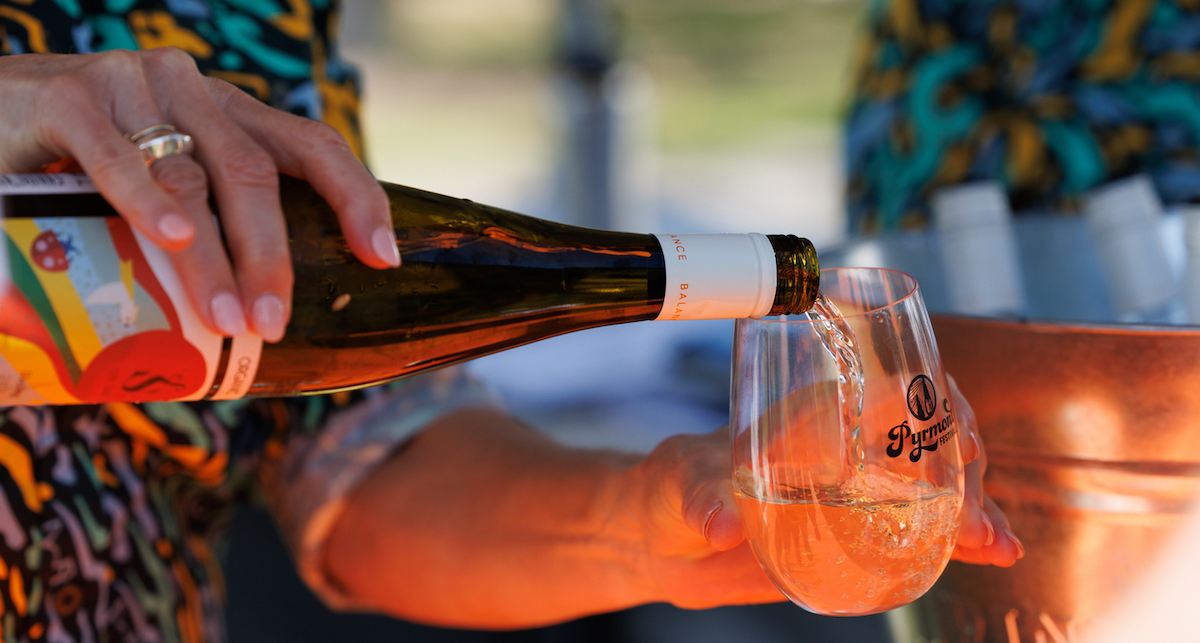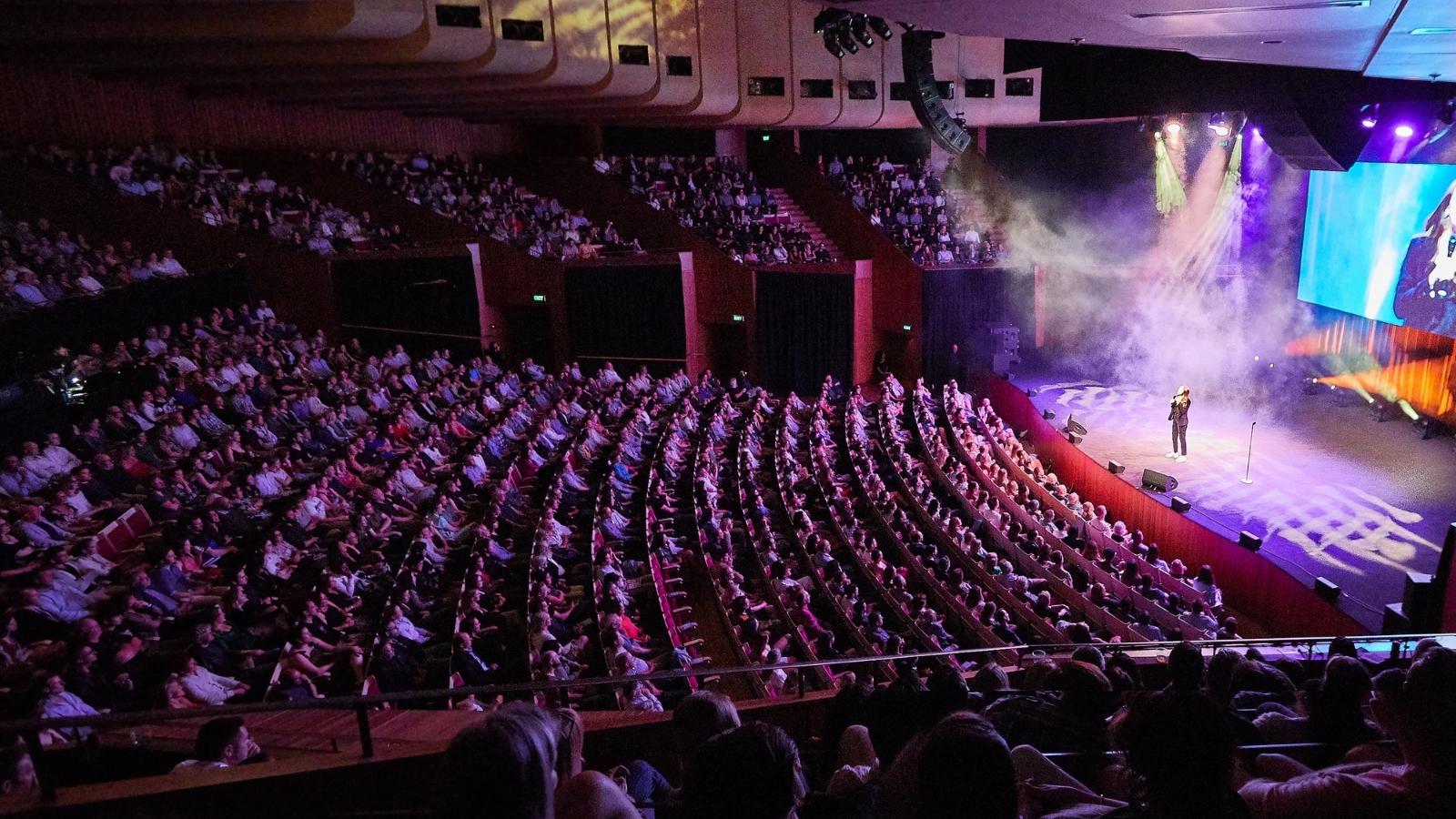
NAKED CITY: IN THE ‘SWILL’ OF THE NIGHT

Well over half a century ago it was not uncommon for those dying for a drink on a Sunday to drive to the International Terminal at Mascot. There they enjoyed a licencing anomaly in the departure lounge whereby alcohol was served for the benefit of passengers and their farewelling friends. If the atmosphere seemed unnaturally convivial it was not the nervous transcontinental first flyers that were downing the scotches, but the pisspots and alcos – and they weren’t going anywhere.
If the airport did not appeal there was an abundance of sly groggers throughout the ‘burbs and an inflated premium guaranteed a ready supply of beer and spirits. Unlike the popular stereotype not all outlets operated down dark dingy alleys behind closely guarded doors. One particular Bondi hotel overlooking the top of Campbell Parade was notorious in the ‘70s for its late-night bottle-o where orders were placed at the accommodation desk and discreetly delivered from a side window.
Although it was many years before hotels could trade beyond 10pm, finding a late-night drink in Sydney at the time was a challenge and very much a nefarious adventure for those looking to party on at home or in the back of a crowded car. Years earlier it was even tougher and dating right back to its introduction in 1916 pubs were obliged to shut at 6pm, leading to the long-running phenomenon known as the ‘six o’clock swill’.
When the factories and offices emptied out at 5pm there was a beeline to the local boozer to see who could down the biggest number of schooners before time was called at 6pm. The legislation was designed to prevent workers from staying at the pub for hours on end, forcing them to return to their families in the early evening. The result in many cases was that they arrived home stinking of beer, often drunk and ready to pass out on the couch rather than partake in the normal family meal.
In 1947 the issue of early closing was put to a public referendum in New South Wales and thanks to a large temperance and religious lobby, the proposal to extend was voted down. Seven years later however voters changed their minds and in 1955 closing hours were extended to 10pm.
A lot has changed since then and we now wallow in rivers of unbridled grog if you’ll forgive the rather emotive metaphor. What is emerging in the latest debate about late-night trading and the earlier closing of bottle shops, is the prevailing belief that alcohol is essential to any enjoyment of late night entertainment. In other words you can’t kick on into the wee small hours without copious amounts of booze to replenish the copious amounts you have already consumed. Surely you’d think that if loaded by midnight the high amount of alcohol already circulating in your bloodstream would sustain that feeling of euphoria for hours to come.
We’re not for one moment advocating a ‘midnight swill’ but instead a midnight ‘still’ where all bar activities cease and patrons are encouraged to assume a state of suspended animation – a bit like nap time at a child-minding centre but with a definite adult theme. Rubber mattresses could be rolled on dance floors all over KC and DJs could combat aggression and inebriation with the ultimate chillout set. Clocks would be stopped and started again in exactly an hour. Bodies would be rejuvenated and punch-happy drunks drained of all hostility. Out on the street, Council workers would release controlled amounts of nitrous oxide, evoking a state of universal merriment and laughter. Normal activities would soon resume right through until 4am but the ‘still’ would have put the brakes on the ‘swill’.


